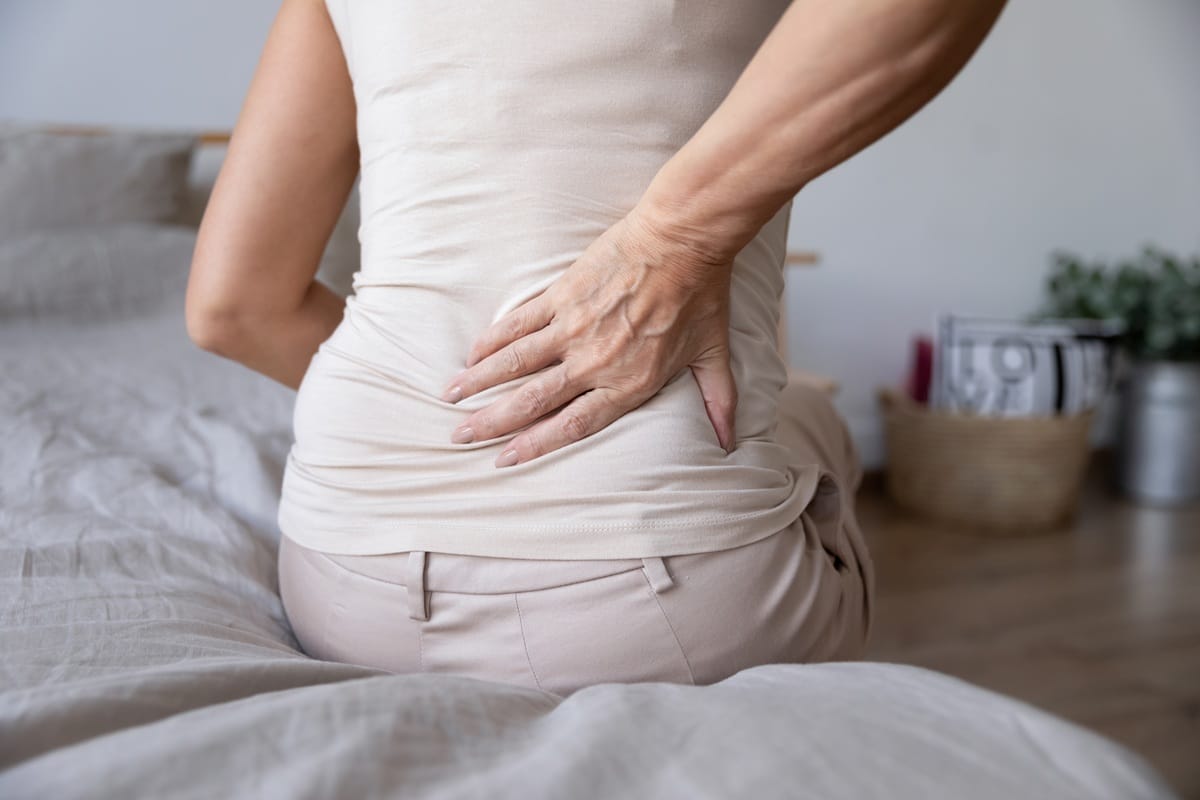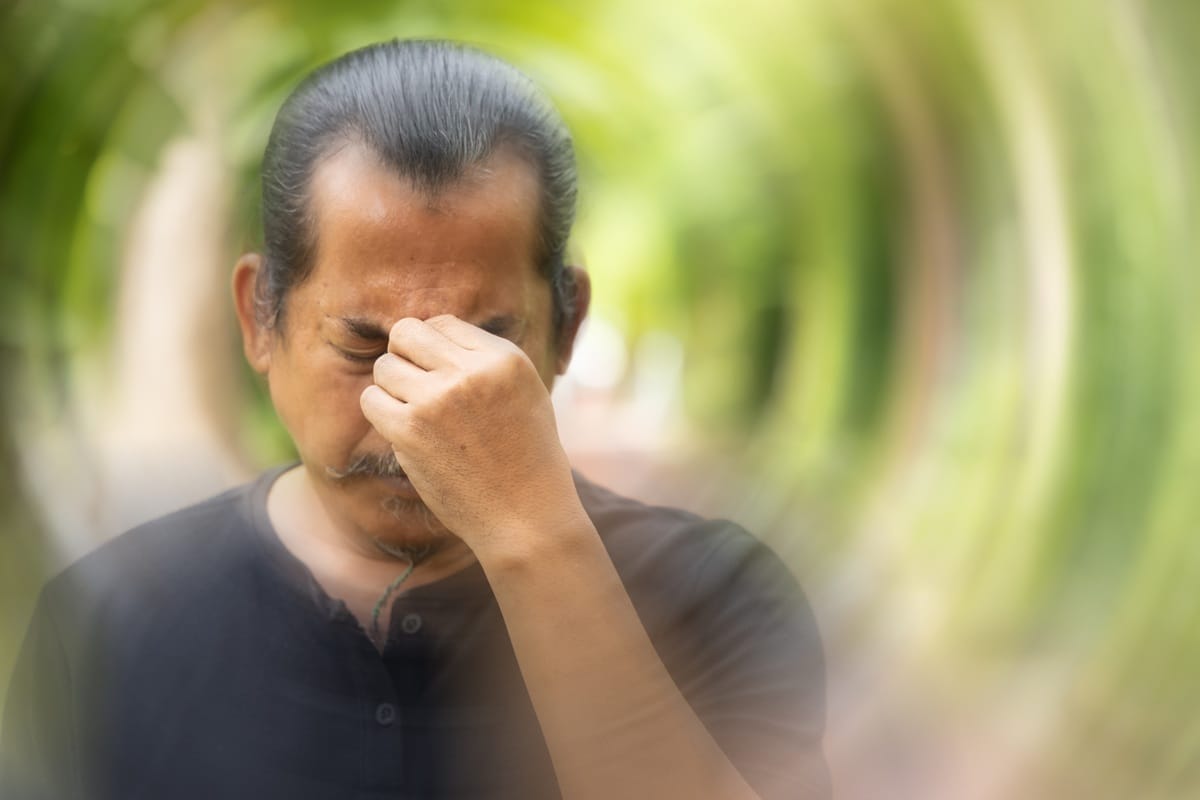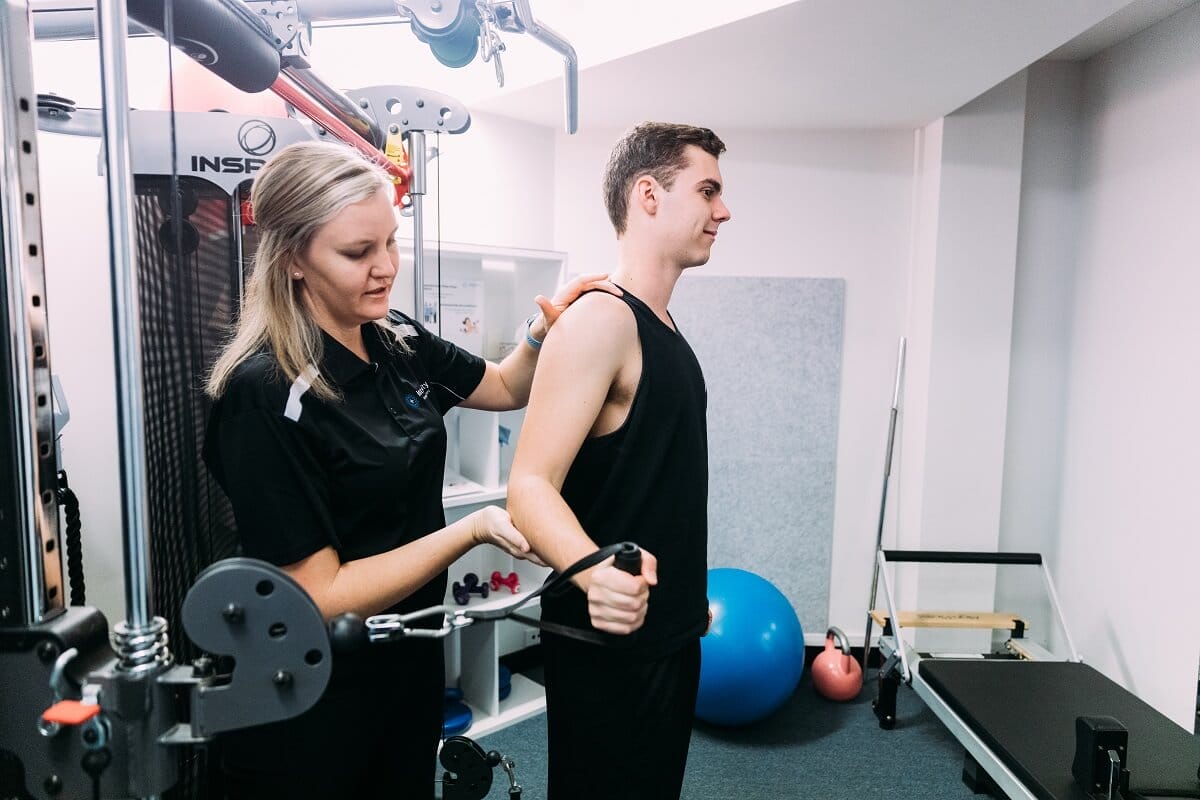
Getting out of bed in the mornings is hard enough without added shoulder pain. When you’re not expecting it – those first movements can be like a bad dream come true.
Might as well stay in bed right?!
In all seriousness, there’s nothing fun about waking up with sore shoulders. It practically ruins the morning. But how and why is this happening? What can be done about it?
Before you crash back into bed – let’s go through some basics.
Why Am I Waking Up With Sore Shoulders?
There could be many reasons – from previous injuries, long-term chronic conditions playing up, or you’ve just had a bad night. Chances are, if you don’t suffer from chronic conditions – you’ve had an unfortunate run-in with a stray pillow during the night. But if shoulder pain persists for a longer period of time, it’s worth getting checked out for your peace of mind.
Does My Sleeping Position Affect Shoulder Pain?
Yes, in fact, it does. A study has shown that unilateral shoulder pain is associated with one’s preferred sleeping position – essentially meaning that some sleeping positions are causing shoulder pain. Right… but how do you know if that’s really the cause? Here’s what to look out for.
Causes Of Shoulder Pain From Sleeping
There are many potential causes out there, and bear in mind that your shoulder pain could be a combination of the following:
- Old or broken mattress – this is more often the case when slats holding the mattress up, shift around and cause an uneven sleeping surface.
- Sleeping repeatedly on only one side/shoulder – this can lead to swelling and joint pain if your position is not rectified. Repeated bad sleeping habits like this can cause inflammation, pain, and in some cases a rotator cuff injury.
- Irregular sleeping patterns – sleep is important, and not getting enough can have some pretty nasty impacts on your health – including on your bones and joints.
- Shoulder injuries – whatever they may be. Rotator cuff, frozen shoulder, or even referred pain from the neck can really take the fun out of sleeping. Make sure you are properly supported, and use a pillow if necessary to maintain a healthy sleeping position.
Symptoms Of Shoulder Pain From Sleeping On Your Side
Often these symptoms present when you first wake up – so they’re pretty harrowing. If it’s your first time this has happened. Take note of what you felt and where, as you might find this information useful when describing it to a physiotherapist.
Here are some of the more common symptoms:
- Dull aching around the shoulder, which is painful with movement
- Reduced mobility – inability to stretch out your arm, or difficulty moving your shoulder
- Sharp pain when the arm is lifted (this could mean you’ve got some impingement)
- Weakness – you may find your grip is weaker than usual
- You find getting dressed is difficult
What Is The Best Sleeping Position For My Shoulder?
If you’ve got a sore shoulder and you’re looking for the optimum position to sleep in, you have two main options:
- Sleep on your opposite side to avoid putting any pressure on your affected shoulder – this will also help align the spine and take pressure off the head and neck.
- Sleeping on your back – this distributes your weight more evenly, and sometimes tucking a pillow under your knees can help with lower back pain.
How To Reduce Shoulder Pain From Sleeping On Side
Sometimes crazy things happen during sleep – like waking up the wrong way round, or with the pillows firmly wedged someplace else. Shoulder pain can often come from accidentally rolling onto the wrong side, increasing pressure on an injury.
Reducing shoulder pain from sleeping on your side can be done in a number of ways.
- Use pillows to your advantage. By placing pillows around you (in a comfortable arrangement), you can successfully stop yourself from tossing and turning during the night. This can help protect your shoulder from any unwanted pressure and keep it stable while you’re asleep.
- Stay active. Regular exercise is essential for keeping the blood circulating throughout your body. This in turn helps injury recovery. Stretches and musculoskeletal physiotherapy exercises can also soothe inflammation and keep you mobile.
- Get those good habits going! Set a reminder on your phone to adjust your sleeping position before bed – keep yourself away from too much television before sleeping and avoid smoking or drinking before bedtime.
- Avoid repetitive motions during the day, especially at work. Doing the same tasks, like lifting boxes for a day, can put extra stress on your whole body. Keep it light and remember to take breaks – your shoulder will thank you.
How Can Physiotherapy Help Shoulder Pain From Sleeping?
Physiotherapy is one of the main tools you’ve got against shoulder pain from sleeping on your side. With an intricate and working knowledge of the musculoskeletal system, trained physiotherapists can locate, diagnose, and treat shoulder pain from sleeping. Using techniques such as manual therapy, massage, taping, and targeted exercise plans to mobilise your shoulder, you can shift your sleeping patterns with the help of a professional.
Why You Shouldn’t Ignore It
While your shoulder pain in the mornings might well be a case of a bad night’s sleep, it could also be a sign of a more serious issue. Don’t leave it to chance. If pain persists, you should seek assistance.
The Bottom Line
Ultimately, if you’ve woken up with a sore shoulder you’ve got a few options available to you:
- Analyse the problem – is it chronic, or a one-off?
- Adjust your sleeping patterns and habits
- Ask for help – get a physiotherapist involved
If you need some help getting started, our team of professional physiotherapists at Integrity Physio are ready to take your call or inquiry. Don’t let your problem worsen – get professional help today.




